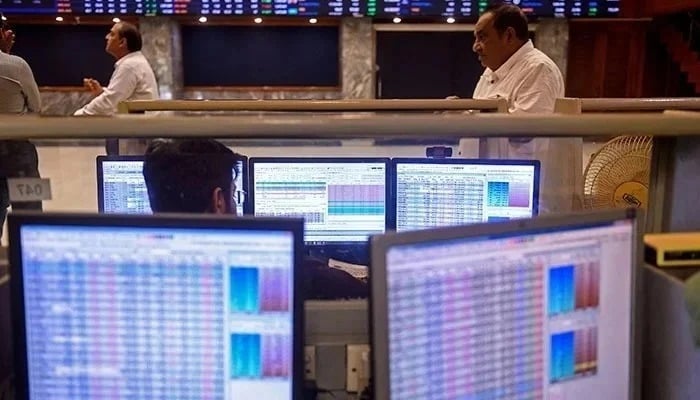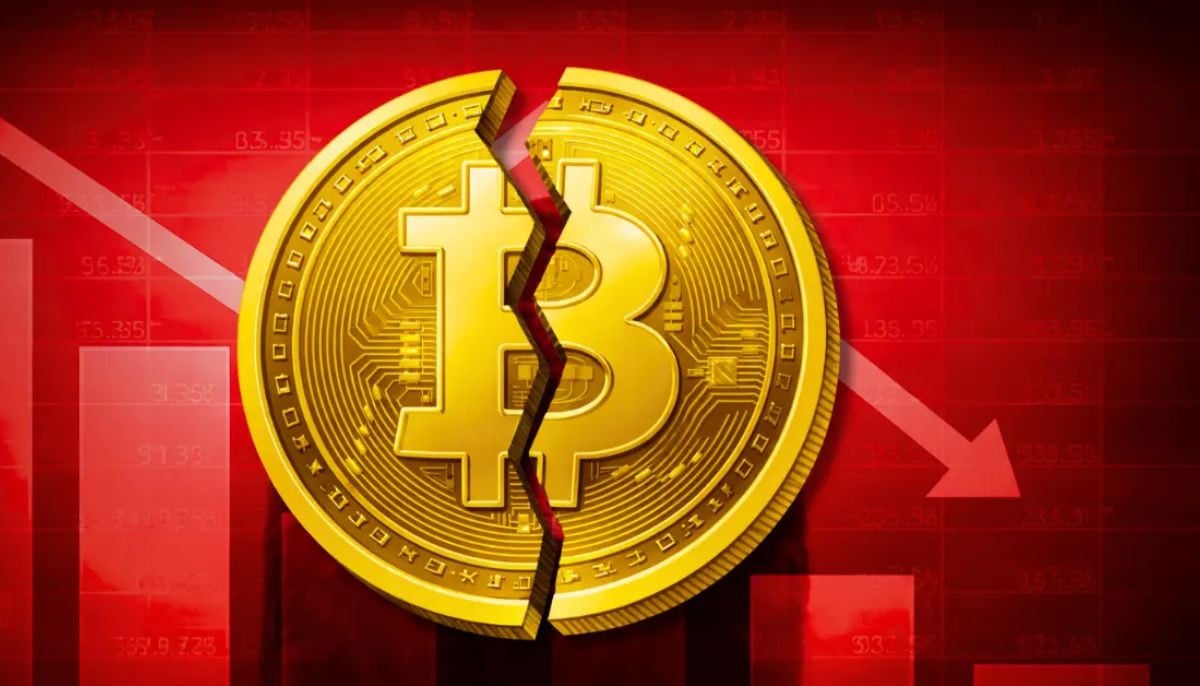PSX kicks off 2025 strong as fresh allocations drive optimism
Benchmark index surges 1,881.18 points, or 1.63%, to close at 117,008.08
The stock market opened the first trading day for the year on a strong note, buoyed by fresh allocations and optimism surrounding the federal government’s recently announced economic transformation plan, "Uraan Pakistan."
The Pakistan Stock Exchange's (PSX) benchmark KSE-100 Index surged 1,881.18 points, or 1.63%, to close at 117,008.08, marking a strong start to the year. The index reached an intraday high of 117,341.03 and a low of 114,719.89 during a session marked by sustained investor interest and confidence.
Investors were further encouraged by signs of improving fiscal health, as better-than-expected tax collection numbers hinted that additional taxation measures might not be necessary.
“As the new year starts, fresh allocations are driving the markets up. A better-than-expected tax collection number is also indicating that a mini-budget or further taxation may not be required,” said Ismail Iqbal Securities Chief Executive Officer Ahfaz Mustafa.
Prime Minister Shehbaz Sharif’s launch of "Uraan Pakistan," a five-year National Economic Transformation plan, has been a key driver of the market’s optimism. The plan aims to attract $10 billion annually in foreign investment and stimulate local investments through sustainable export-led growth. Focused on the "5Es"—exports, e-Pakistan, environment, energy, equity, and empowerment—it targets a GDP growth rate of six percent by 2028, the creation of one million jobs annually, and significant contributions from the private sector.
The prime minister emphasised the need for national unity and political harmony to ensure the plan's success, stressing that privatisation and outsourcing would be essential to improve efficiency and reduce resource wastage. He reiterated his call for a "Charter of Economy," urging all political parties to align policies for long-term economic stability.
The Federal Board of Revenue (FBR) announced a tax shortfall of Rs386 billion for the first half of the current fiscal year (July–December), with total revenue collection amounting to Rs5,623 billion. This fell short of the IMF’s target of Rs6,009 billion. Despite the shortfall, the FBR managed to generate Rs72 billion through new taxation on the banking sector, raising the tax rate from 39% to 44%.
Finance Minister Muhammad Aurangzeb, on Sunday, projected that inflation December could settle between 4-5%. He also hinted that single-digit interest rates were within reach, with the current policy rate already reduced to 13%.
The PSX has seen strong performance throughout the year, with the KSE-100 Index posting an 84% return in 2024, its highest since 2002. The market recorded a third-largest single-day rally on Monday, gaining 3,907.82 points to close at 115,258.99. Despite volatility earlier in the month, the equities market has demonstrated resilience, supported by robust economic indicators, including a decade-high current account surplus of $729 million in November.
Foreign direct investment (FDI) surged by 31% year-on-year during the first five months of FY2024-25, reflecting international confidence in Pakistan’s economic recovery. Exports grew 12.57% to $13.69 billion during the same period, while imports declined by 16.91%, contributing to an improving trade balance.
Despite external debt repayments that reduced State Bank of Pakistan (SBP) reserves by $228 million to $11.9 billion, analysts remain optimistic about Pakistan’s economic trajectory. The PSX, ranked the second-best-performing stock market globally in 2024, is positioned for sustained growth into 2025, driven by macroeconomic reforms, political stability, and favourable monetary policies.
On the last trading session of 2024, stocks stumbled a little and closed with a slight decline of 132 points amid year-end institutional profit-taking. The KSE-100 index decreased by 0.11% to 115,126.9 points against 115,259 points recorded in the previous session.
-
BTC price today: Bitcoin sinks below $65K on trade uncertainty
-
Tesla expands Cybertruck lineup with affordable model in US, slashes Cyberbeast price to boost demand
-
Uber enters seven new European markets in major food-delivery expansion
-
Will Warner Bros finalize deal with Paramount or stays loyal with Netflix's offer?
-
$44 billion Bitcoin blunder: Bithumb exchange apologizes for accidental payout
-
Global memory chip crunch puts spotlight on Apple; Will iPhone become more pricey?
-
Bitcoin plummets toward $60,000 as investors dump risky bets
-
Bitcoin crashes below $63K as regulatory pressure and market fears grow












